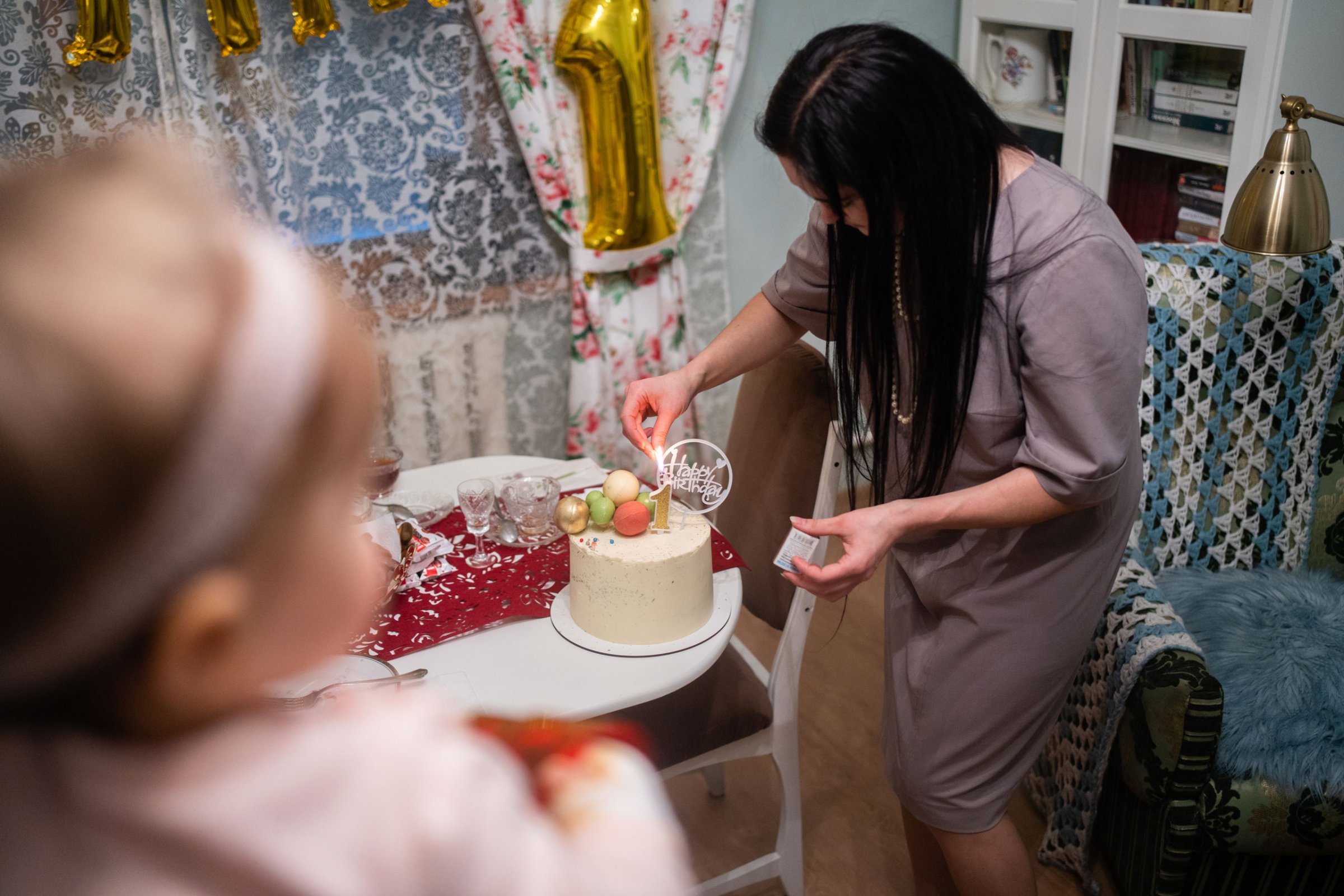On Sunday, Ukraine will mark its second Mother’s Day since Russia’s full-scale invasion began. For many families, the day will be less of a celebration than a reminder of what war has wrought: death, destruction, and separated families. For the Ukrainian women who became mothers during the war, it is all they have ever known.
Olena Mokhonko, an obstetrician at a maternity hospital in Chernihiv, in northern Ukraine, has helped deliver as many as 70 babies a month since the war began last year. As a doctor, she felt duty-bound to stay in the city despite the dangers she and her family faced. “I had to go to work because I am a doctor who took an oath to help others,” she says. “In my work, what I love the most is seeing a father cry and witnessing the joy of parents as they welcome their child into the world.”




Just over a week into the Russian invasion, Mokhonko helped four Ukrainian women deliver their babies, and in March this year helped celebrate the childrens’ first birthdays. Mokhonko says that the mothers and their children, whose portraits were captured by photographer Serhii Korovayny, represent the strength and resilience of Ukrainian women.
“They are true heroines,” she says.
Read More: The Ukrainian Mother on TIME’s Cover Recounts Fleeing Her Home With an Infant
As many as 195,000 babies were born in Ukraine last year, according to the United Nations Population Fund, the U.N.’s sexual and reproductive health agency. One in three were delivered in UNFPA-supported hospitals, which have been subject to heavy bombardment in violation of international law.
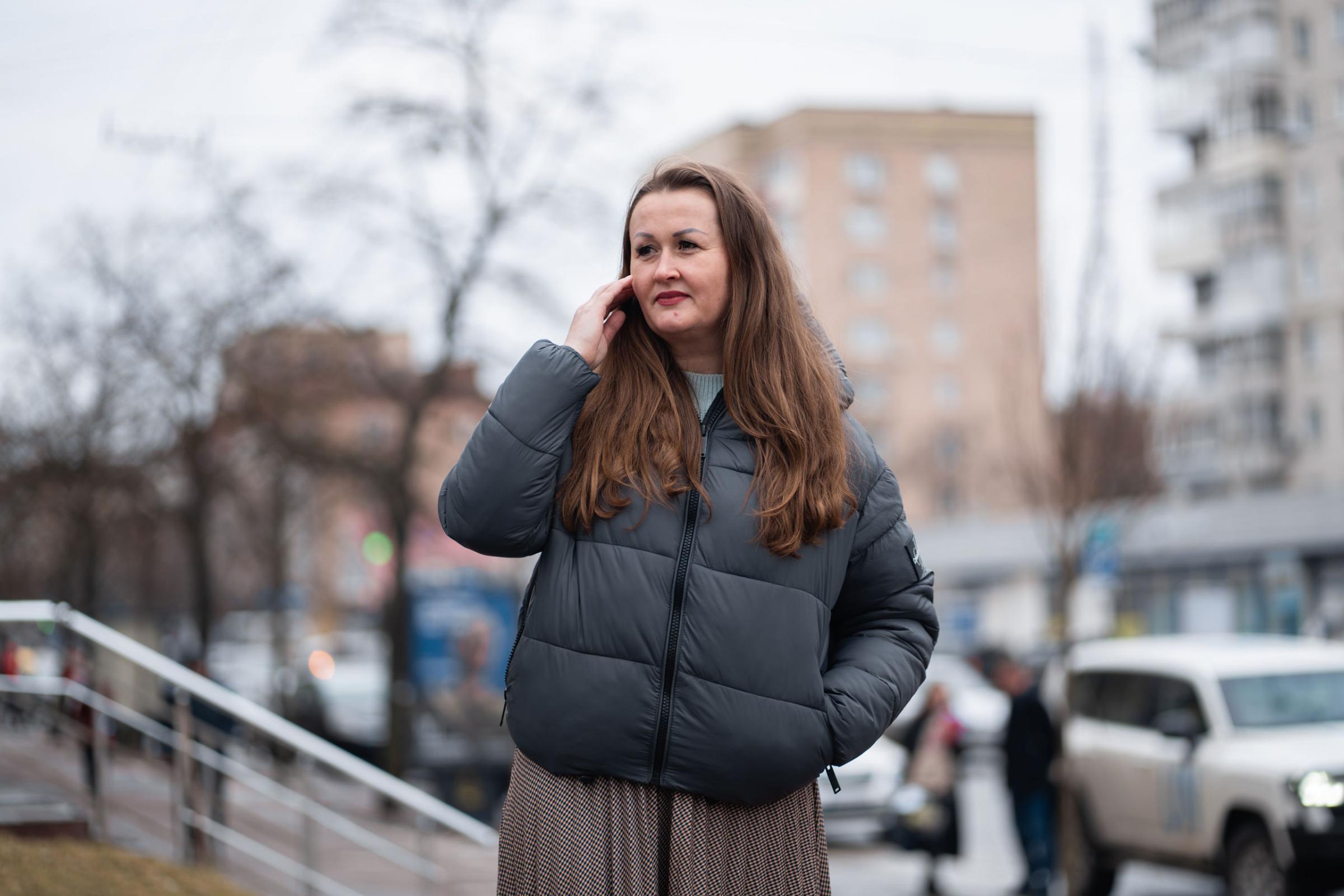
One of Mohenko’s four patients, Nina, gave birth to her daughter Yulia in a hospital corridor. This was a relative luxury at the time, she recalls. When the missiles began raining down on the hospital, the women had to be lowered into the basement bomb shelter. “It was pure horror,” Nina says. “Babies were crying, women were giving birth.”
Another patient, Kateryna, gave birth to her daughter Sofia in the bunker that same night. “We spent the first hours of her life underground,” she recalls. Though she and her daughter were discharged the next morning, what awaited them outside the hospital was no different. Kateryna says she hid in her sister’s basement with her newborn for three days, with no heat, light, or water. “I had to find food for the baby somewhere, because I had no milk.”
Read More: The Mothers Returning to Ukraine to Rescue Their Children
“My greatest fear was the possibility of a bomb dropping on us,” says Maryna, who gave birth to her daughter, Diana, in the hospital corridor on the same night as Nina and Kateryna. “Thankfully, the experience went smoothly.”
For Iryna, who gave birth to her daughter Amelia via Cesarean section in a cupboard turned makeshift operating theater, the war had already left an indelible mark on her life. Just two days before Amelia’s birth, her husband, Serhiy, was killed trying to defend their city. “Amelia was my salvation,” Iryna says. “If it weren’t for her, I don’t know how I would have survived everything; only she gave me the strength to live on.”
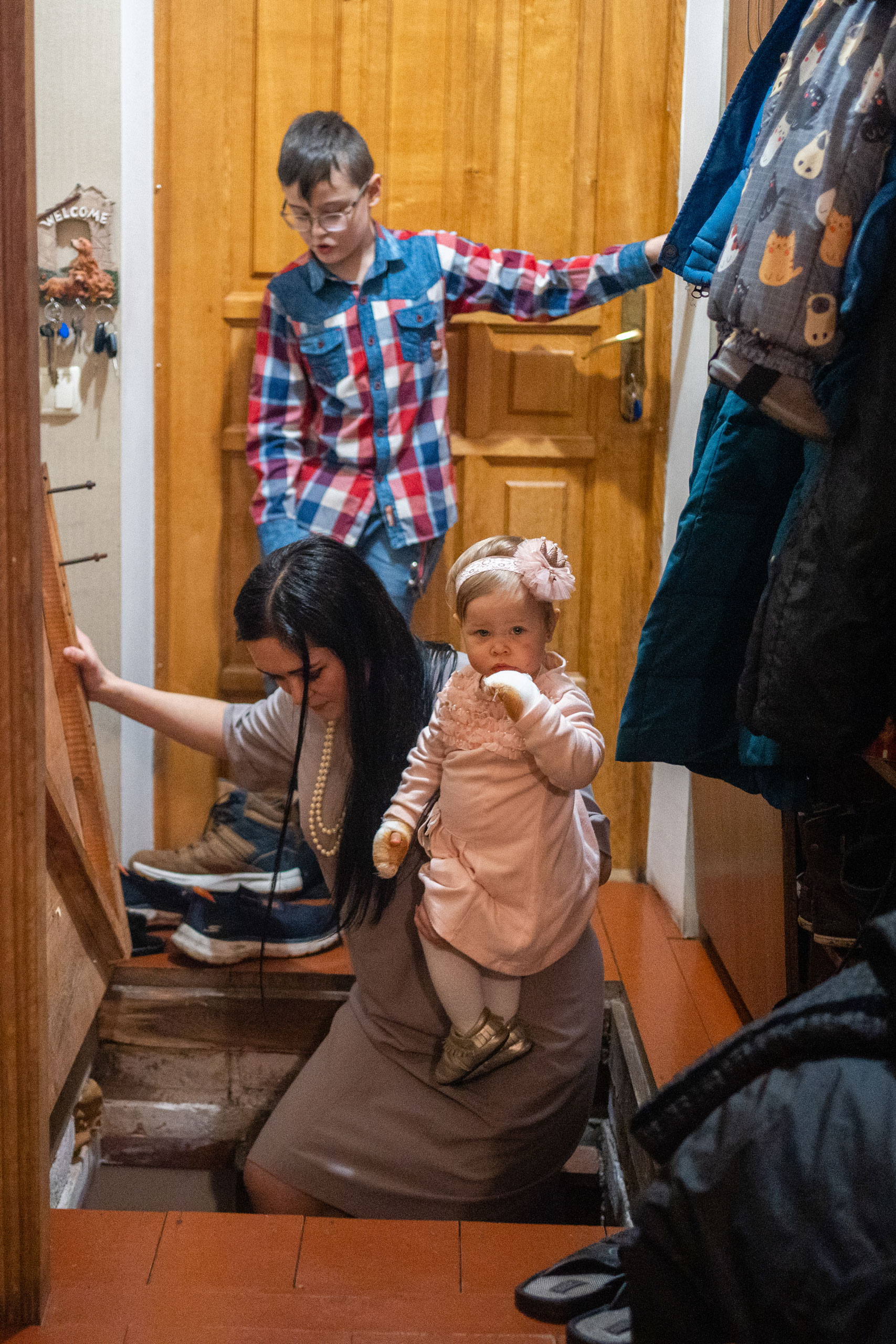
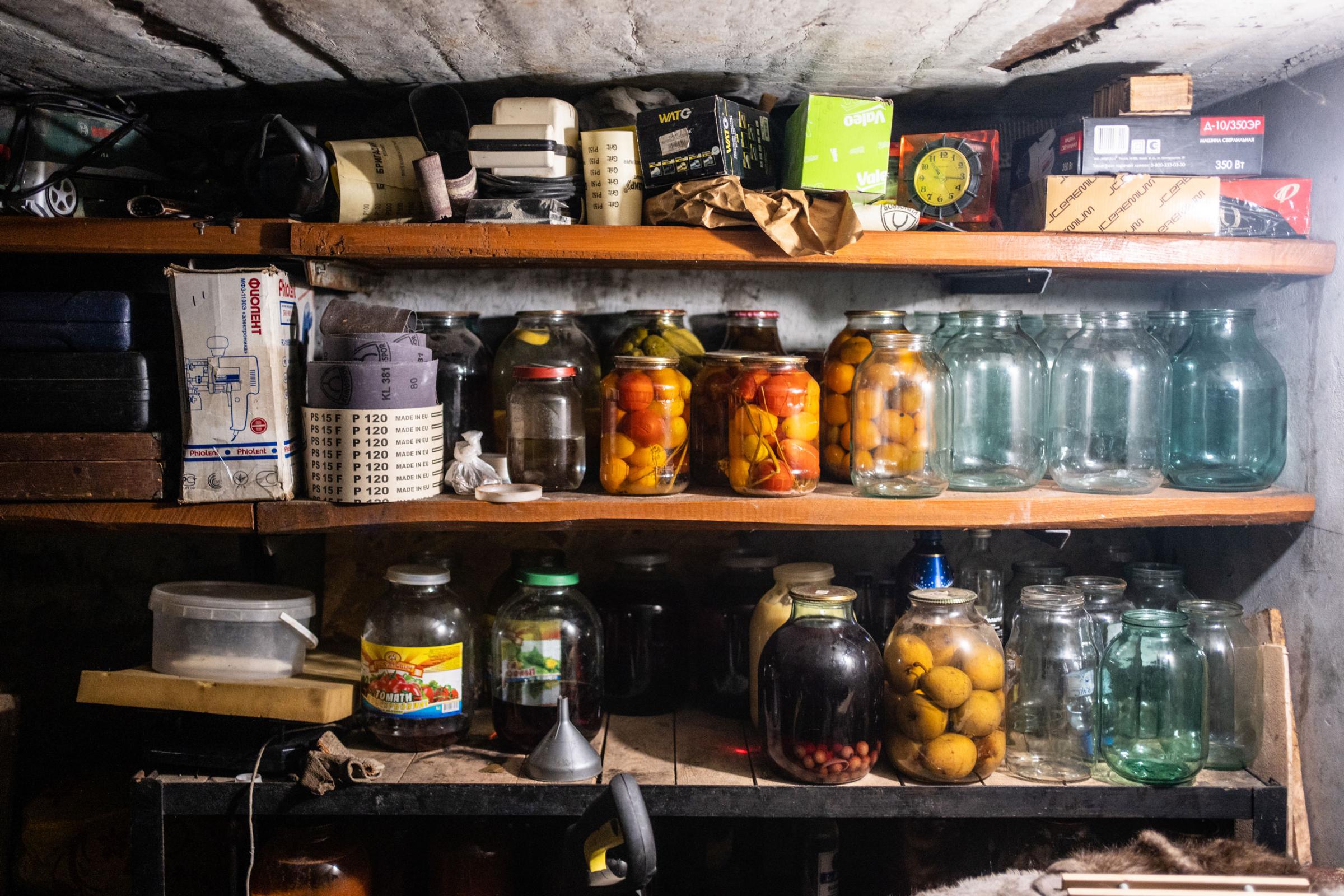
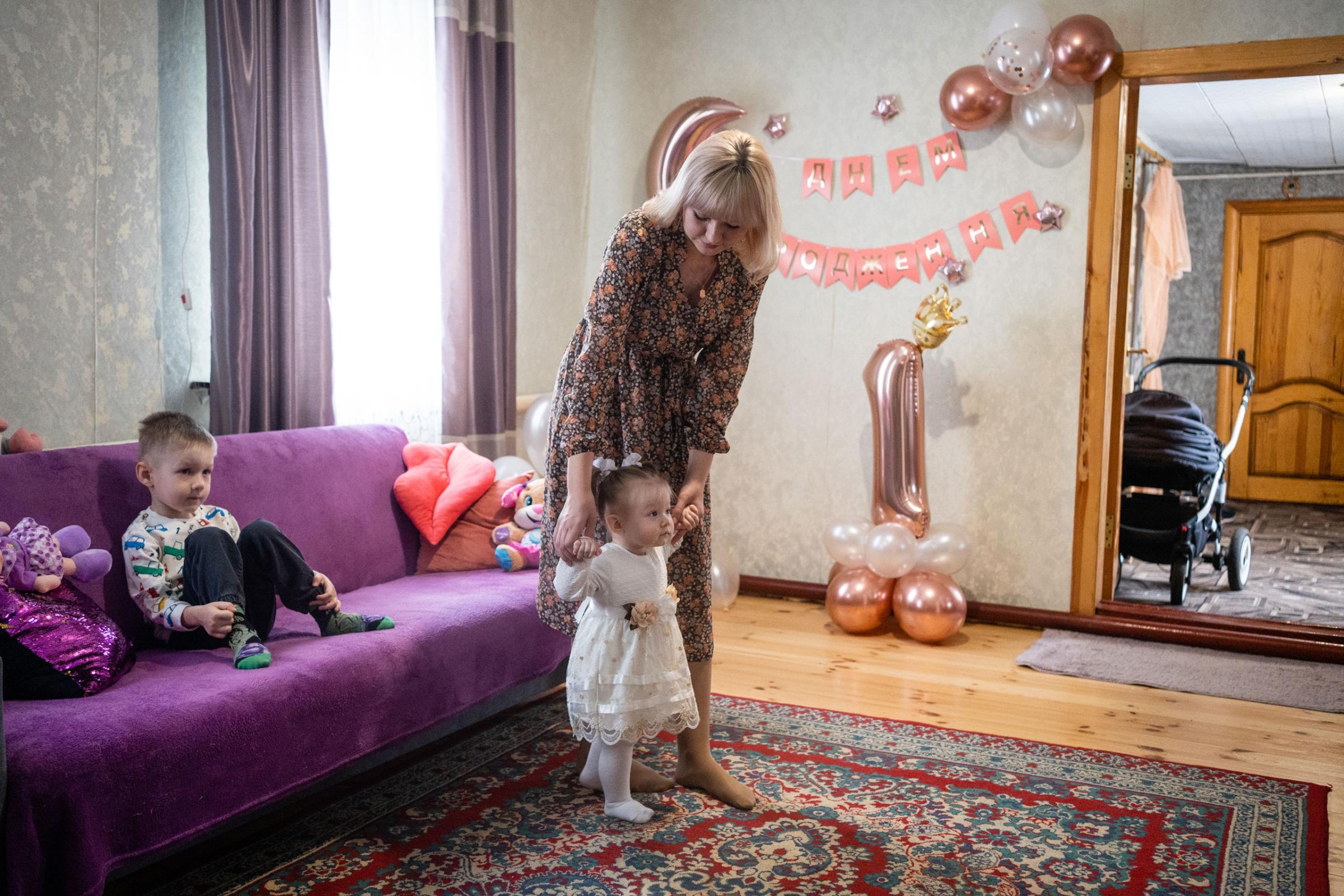
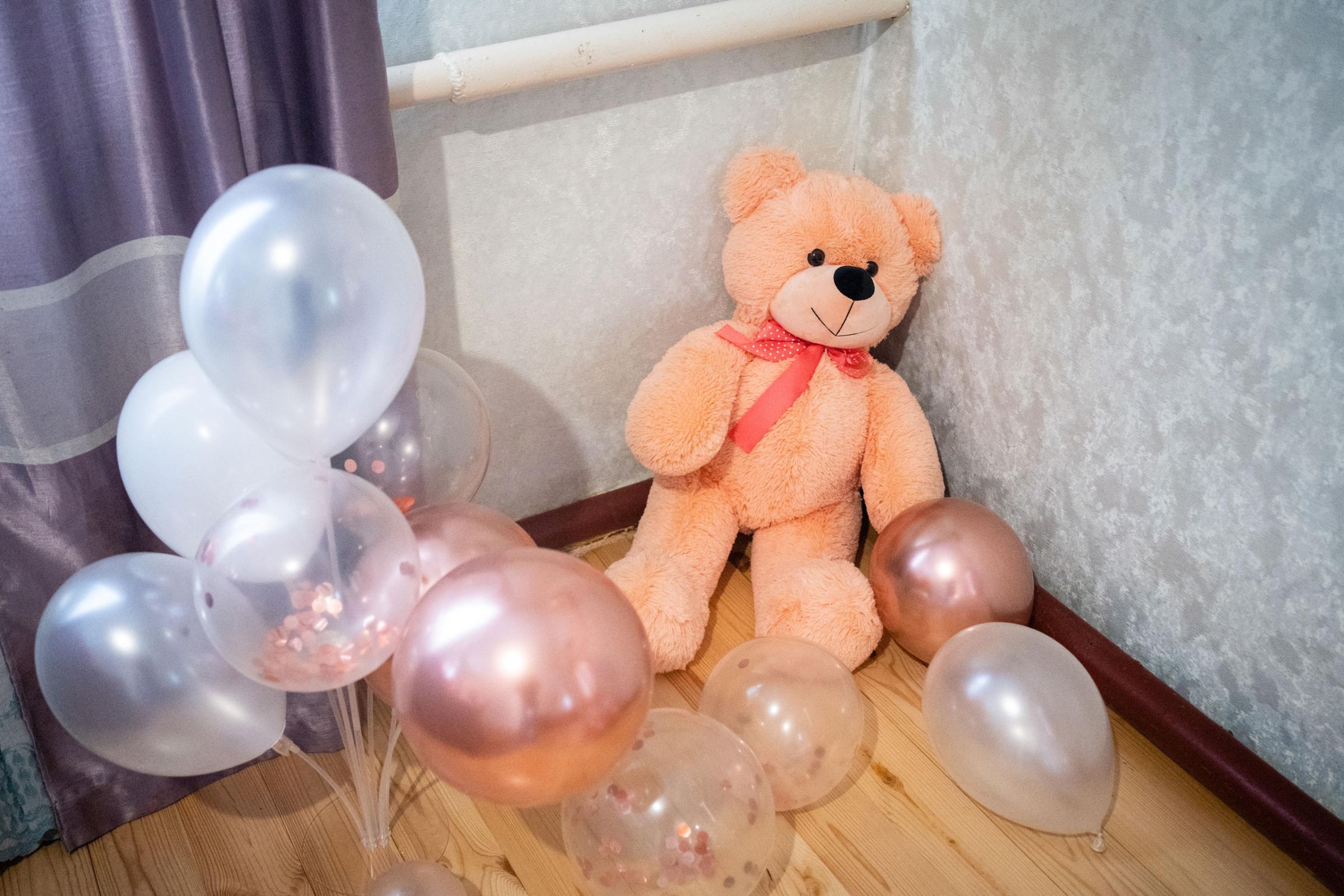
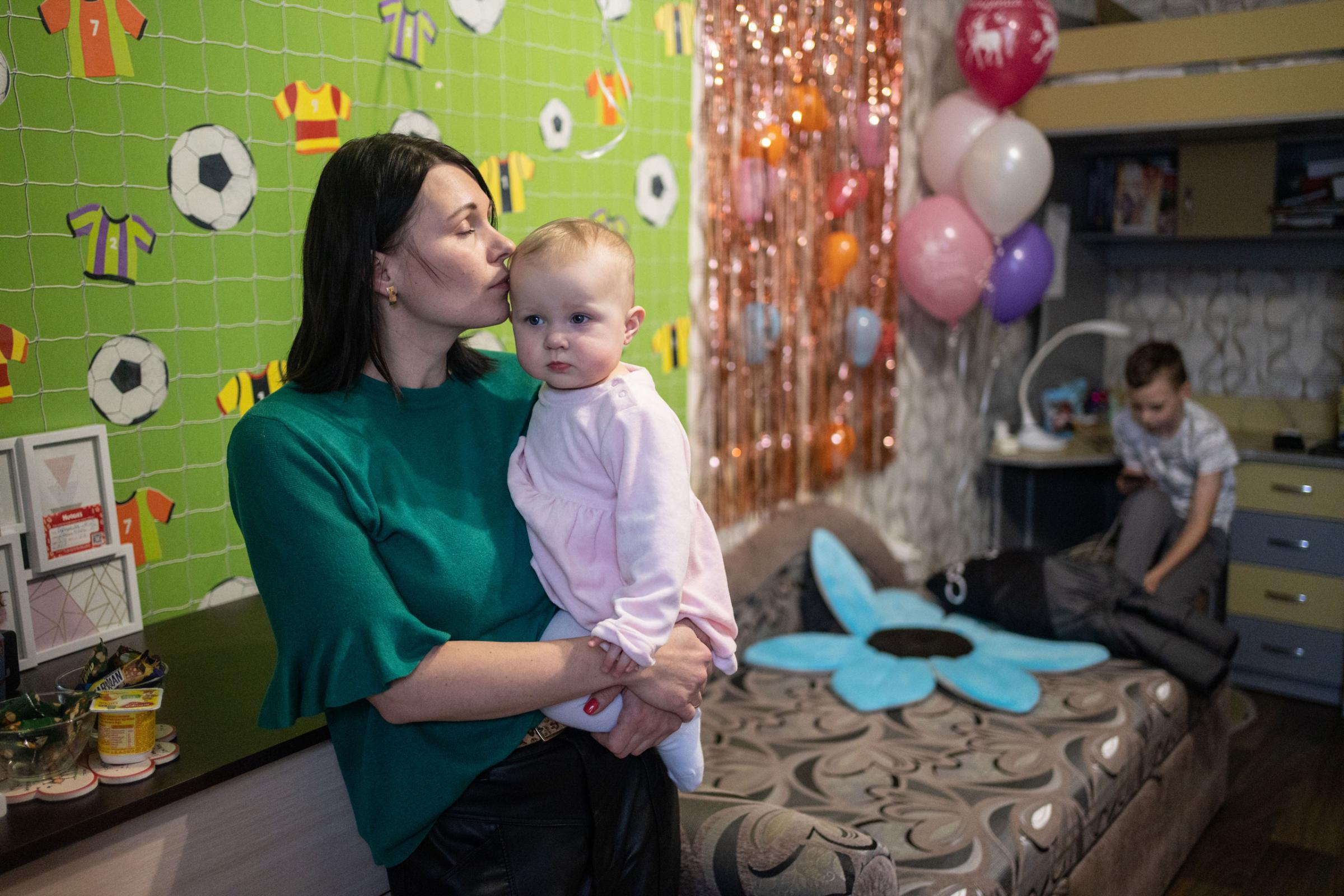

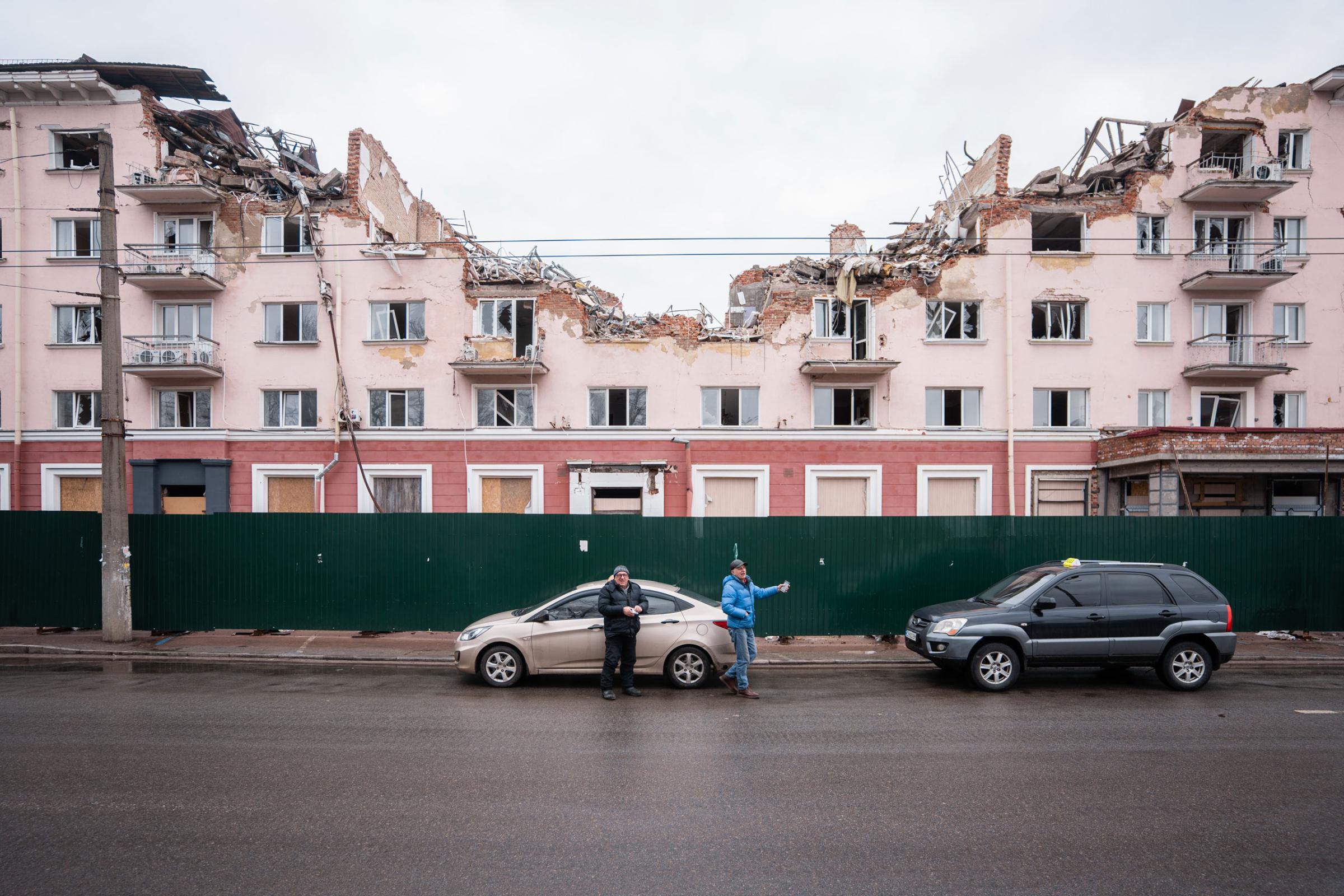
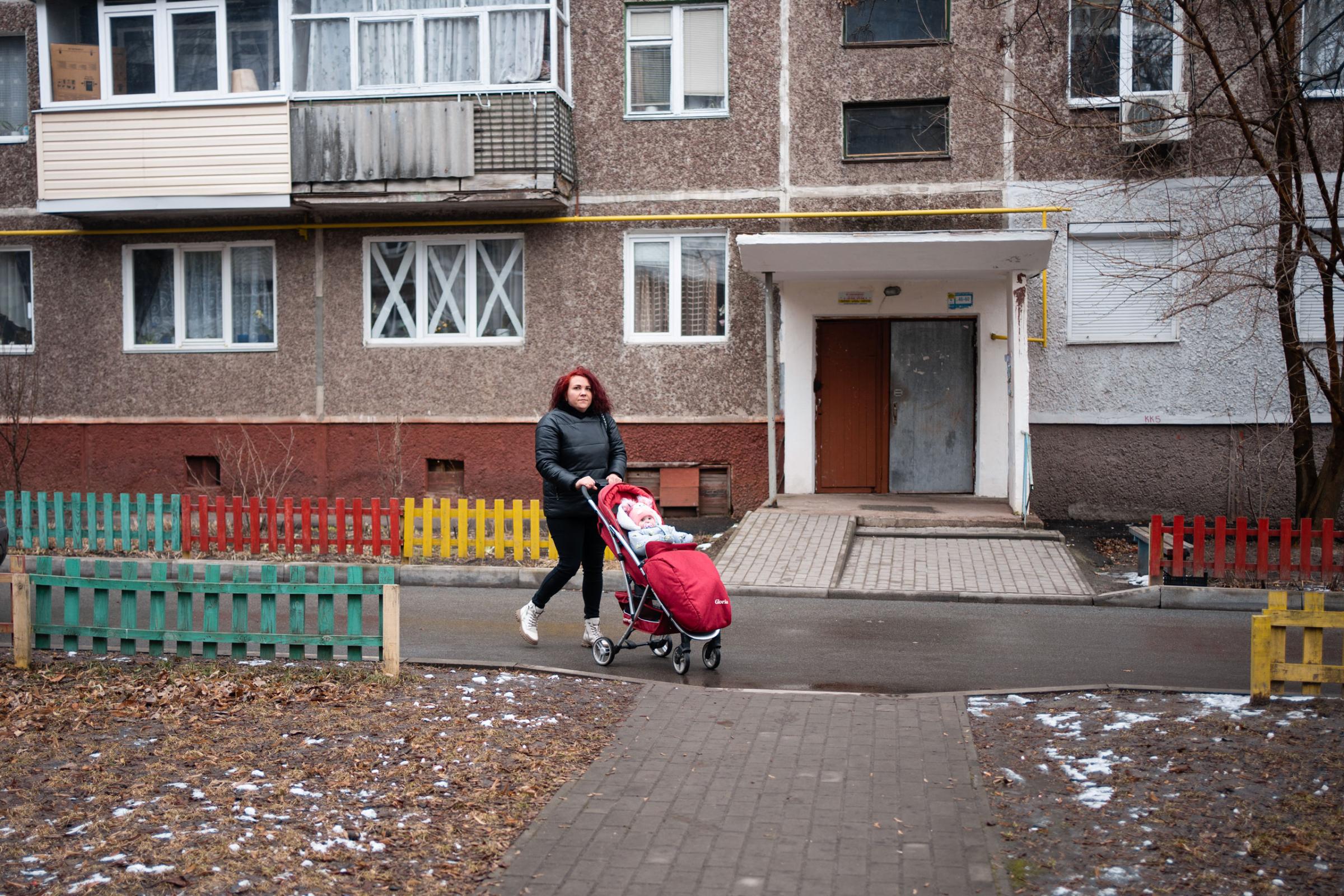
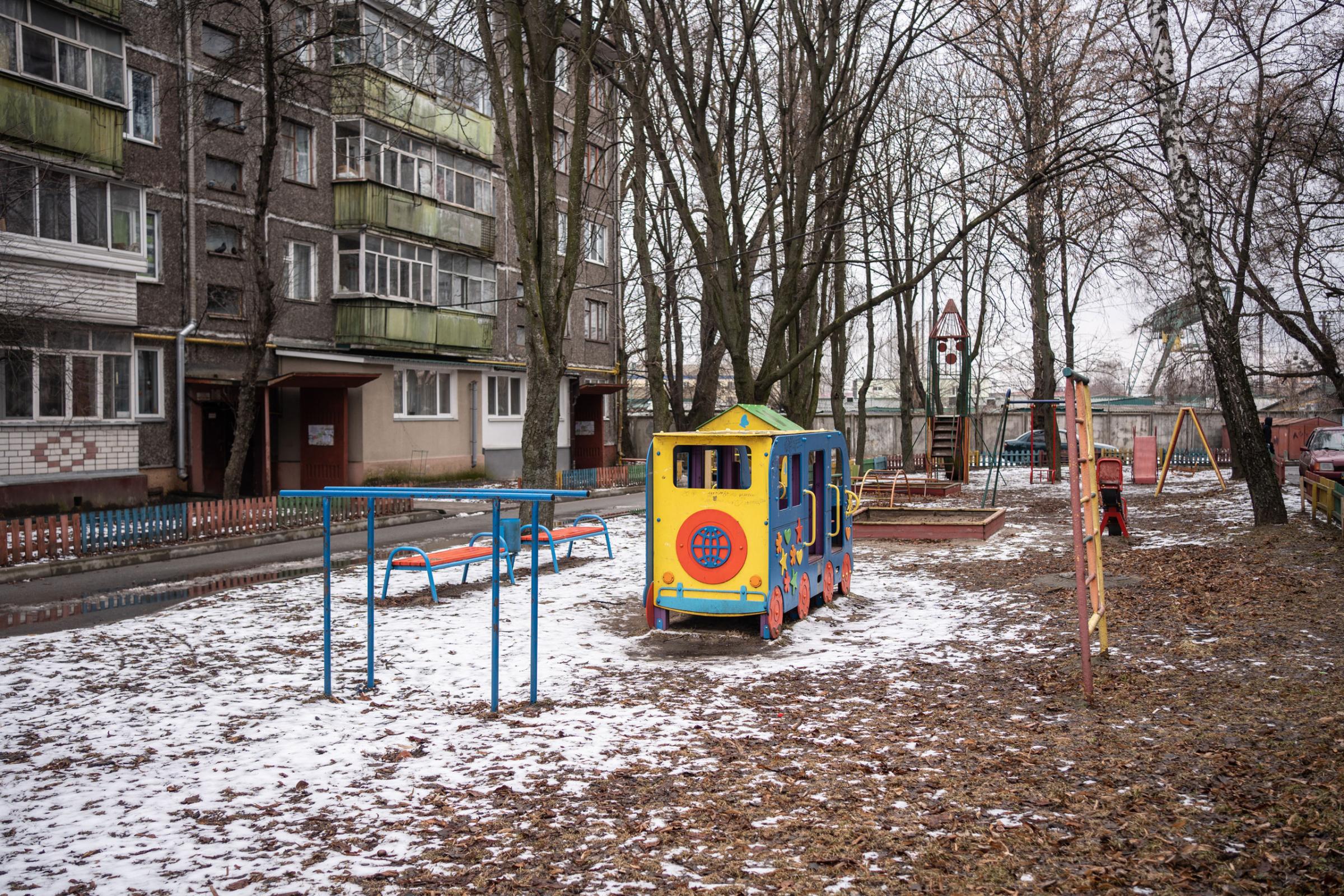
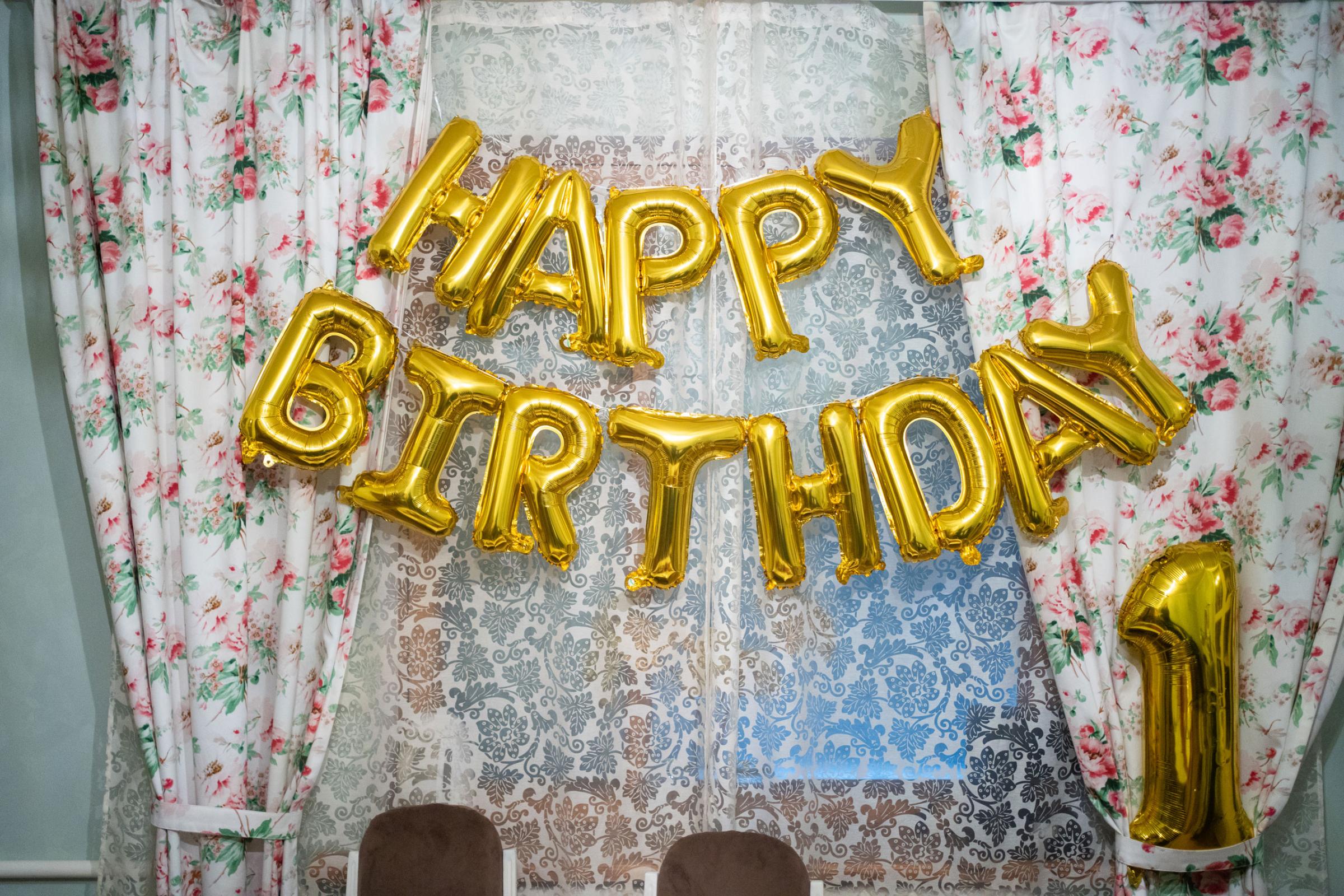
More Must-Reads from TIME
- Cybersecurity Experts Are Sounding the Alarm on DOGE
- Meet the 2025 Women of the Year
- The Harsh Truth About Disability Inclusion
- Why Do More Young Adults Have Cancer?
- Colman Domingo Leads With Radical Love
- How to Get Better at Doing Things Alone
- Michelle Zauner Stares Down the Darkness
Write to Yasmeen Serhan at yasmeen.serhan@time.com
